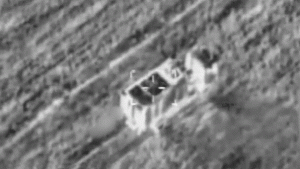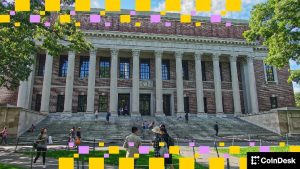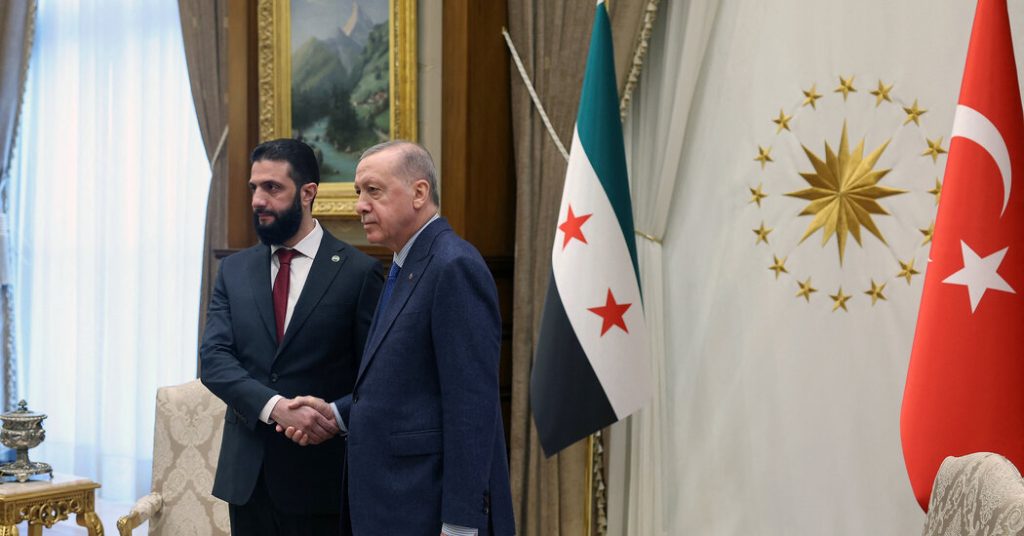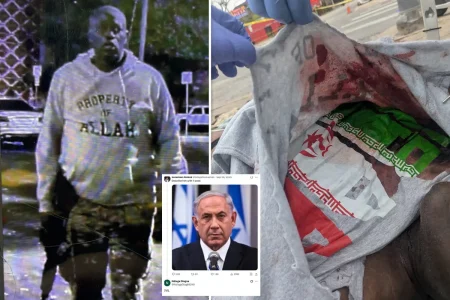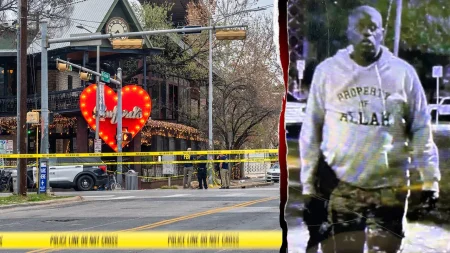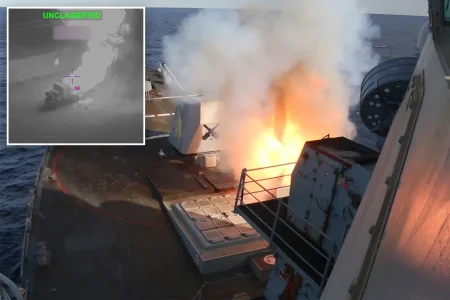The nascent relationship between Turkey and the newly established interim government in Syria took a significant step forward with a meeting between Turkish President Recep Tayyip Erdogan and interim Syrian President Ahmed al-Shara in Ankara. This landmark encounter, the first between the two leaders since al-Shara led the offensive that ousted Bashar al-Assad, underscored the mutual interests and aspirations of both nations as they navigate a complex regional landscape and the challenges of post-conflict reconstruction. Their discussions focused on strengthening bilateral ties, addressing shared security concerns, and charting a path towards a unified and stable Syria.
Al-Shara, appointed interim president by a coalition of rebel leaders, expressed gratitude for Turkey’s steadfast support for Syrian refugees and the opposition throughout the protracted conflict. He emphasized the desire for a “deep, strategic relationship” encompassing various fields, including economic cooperation and security collaboration. Crucially, he highlighted the need for a joint strategy to address security threats in northeastern Syria, a region currently under the control of a Kurdish-led militia that Turkey considers a terrorist organization due to its links with Kurdish militant groups within Turkey and Iraq. This shared concern represents a significant point of convergence for both nations.
Erdogan reciprocated al-Shara’s sentiments, expressing his commitment to supporting the unification of Syria under the new government and praising its resolve to combat terrorism, a veiled reference to the Kurdish-led militia in the northeast. Turkey’s multifaceted interests in Syria, stemming from its shared border, the presence of millions of Syrian refugees within its borders, and its security concerns, make its relationship with the new Syrian government of paramount importance. Erdogan’s willingness to mend ties with Syria, even before al-Assad’s ouster, signals a pragmatic approach to regional stability and the potential for repatriation of refugees.
Turkey’s engagement with Syria goes beyond diplomatic rhetoric. Erdogan pledged support for Syria’s reconstruction efforts, offering assistance in rebuilding its shattered infrastructure and advocating for the lifting of international sanctions that currently hinder the country’s economic recovery. This commitment to tangible support is vital for al-Shara, who faces the daunting task of unifying a fractured nation, reviving its devastated economy, and integrating disparate militias into a cohesive national army. Turkey’s longstanding interaction with armed groups under al-Shara’s leadership, coupled with its early engagement with him following al-Assad’s fall, positions it as a key partner in Syria’s transition.
Al-Shara’s visit to Ankara, marked by a ceremonial welcome and high-level meetings, symbolizes the growing importance of the Turkey-Syria relationship. However, Turkey’s own economic challenges, exacerbated by years of populist spending and persistent inflation, limit its capacity to provide the substantial financial aid required for Syria’s comprehensive reconstruction. This economic reality necessitates a diversified approach to securing international support for Syria’s recovery.
Recognizing this, al-Shara has actively sought to build relationships with other key players in the region and beyond, including the United States, European countries, and Gulf Arab states. High-profile meetings with the Emir of Qatar and Saudi Arabia’s Crown Prince Mohammed bin Salman underscore his efforts to garner international support and financial assistance for Syria’s rebuilding process. The extent of this support remains to be seen, but these diplomatic overtures demonstrate a proactive strategy to secure the necessary resources for Syria’s future. Al-Shara’s complex past, including his former affiliation with Al Qaeda and his subsequent public break with the group, adds another layer of complexity to the international community’s engagement with the new Syrian government. While he now espouses more moderate Islamist views, the militia he leads remains designated as a terrorist organization by the United States and other countries, posing a challenge to his efforts to gain broader international legitimacy and support.
